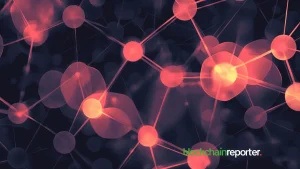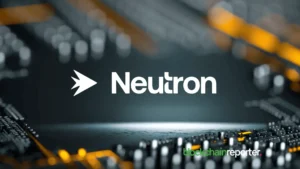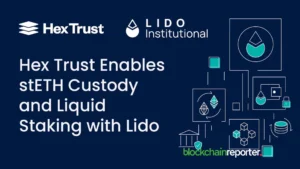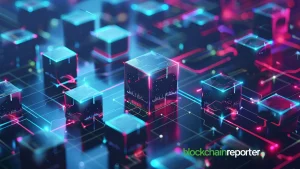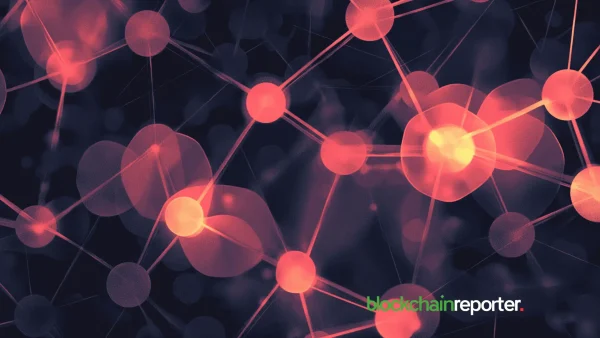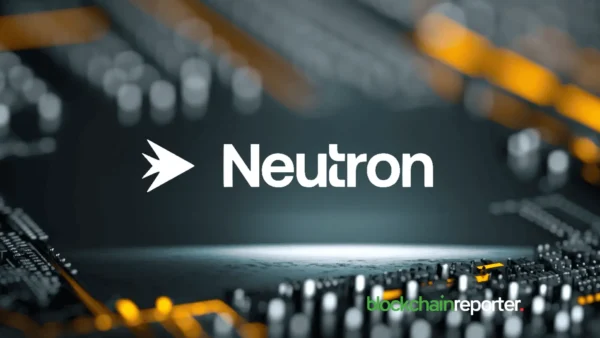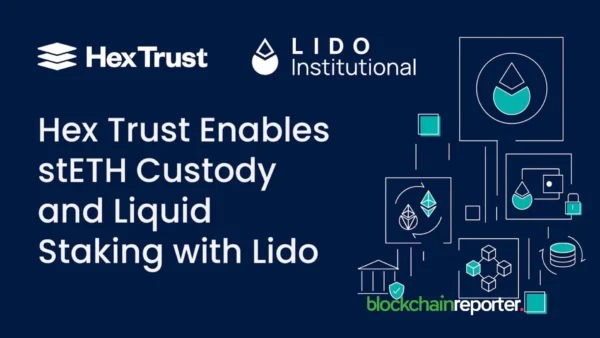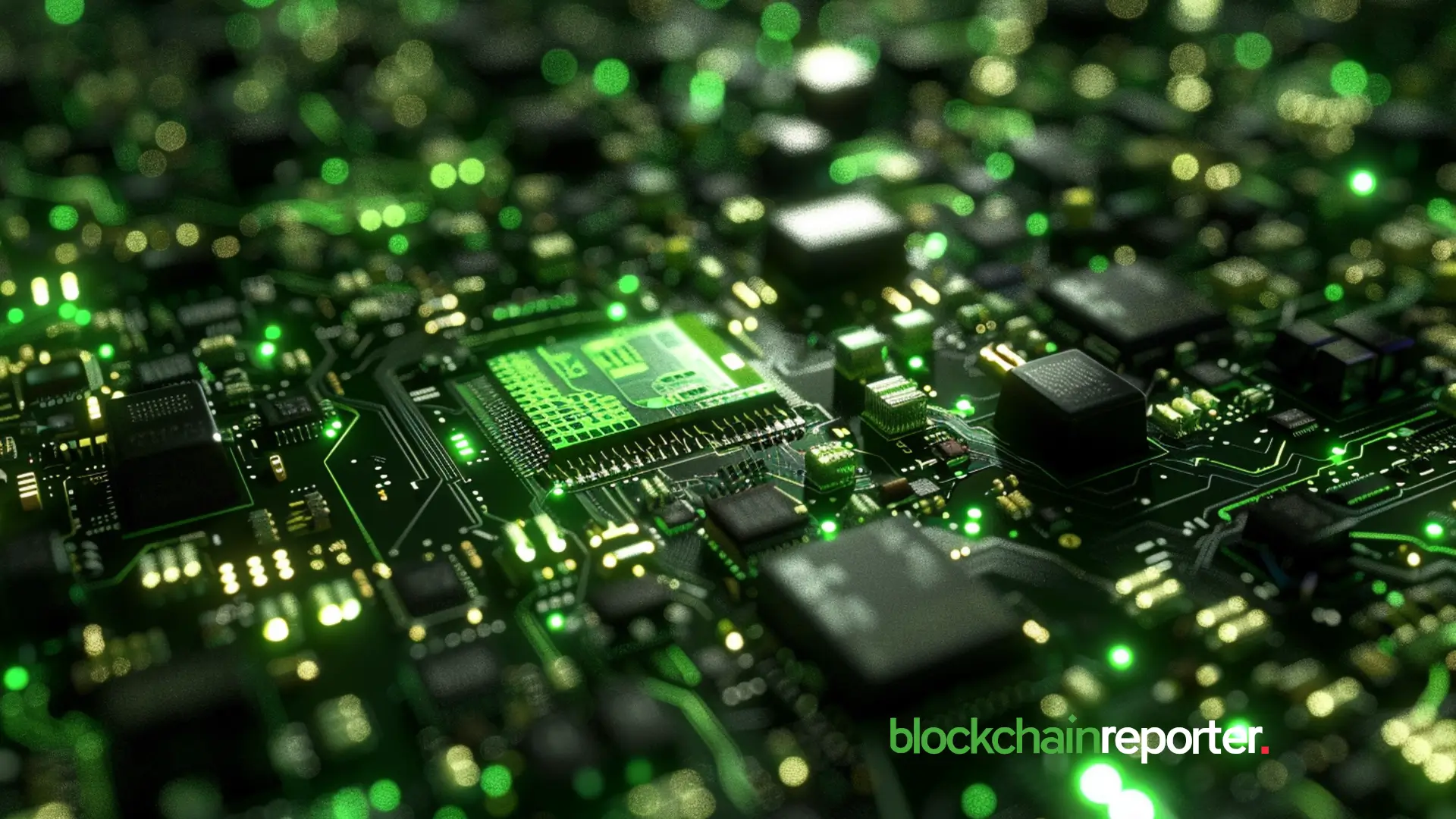
In a significant move to enhance the reliability and applicability of Generative Artificial Intelligence (AI), the implementation of decentralized networks is becoming increasingly pivotal. Central to this transformation is the Decentralized Retrieval-Augmented Generation (dRAG) framework, which operates within the NVIDIA Build ecosystem.
As disclosed in a post from OriginTrail, a platform for powering the Verifiable Internet for AI, this integration addresses critical limitations of current AI technologies—such as hallucinations, bias, and data ownership disputes—by establishing a verifiable internet for AI.
This approach not only ensures the accuracy of data used in AI models but also secures intellectual property rights, fostering an environment where innovation is both recognized and rewarded.
The promise of this technology lies in its ability to verify the provenance of information used by AI systems. By ensuring data veracity, the framework aims to boost confidence in AI-driven decisions, which is essential for its adoption across more sensitive and impactful sectors.
The implementation of dRAG on NVIDIA’s platform signifies a leap towards embedding integrity within AI processes, utilizing a robust network of verifiable data points to enhance decision-making frameworks.
Building a Trustworthy AI Ecosystem
The core of the dRAG system is the Decentralized Knowledge Graph (DKG), which functions as a backbone by connecting various knowledge assets in a permissionless environment.
Each asset within the DKG is equipped with detailed graph data, vector embeddings, immutability proofs, and an identifiable ownership NFT. This structure not only facilitates the secure and reliable integration of factual data into AI models but also ensures that each data snippet used can be traced back to its origin, guaranteeing authenticity and ownership.
Moreover, the synergy between dRAG and the NVIDIA Build platform brings forth advanced capabilities in AI modeling and application development. For instance, the integration with the Inter-Blockchain Communication (IBC) protocol allows for seamless data flow across various blockchain networks, enhancing the interoperability and scalability of AI operations.
Furthermore, the use of the Cosmos SDK within this ecosystem enables the creation of tailored blockchain applications that can perform with increased efficiency and specificity.
Through practical applications, such as in Decentralized Finance (DeFi) and decentralized physical infrastructure networks (DePIN), the benefits of real-time data access and verification are becoming evident.
